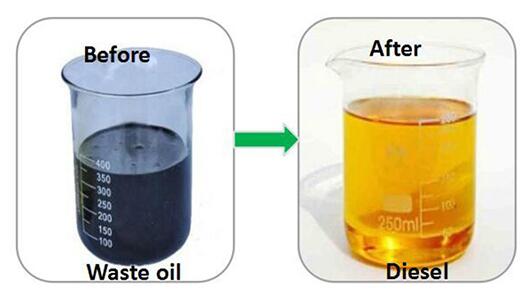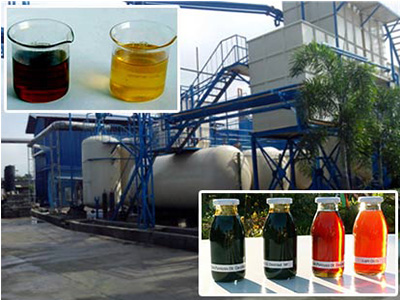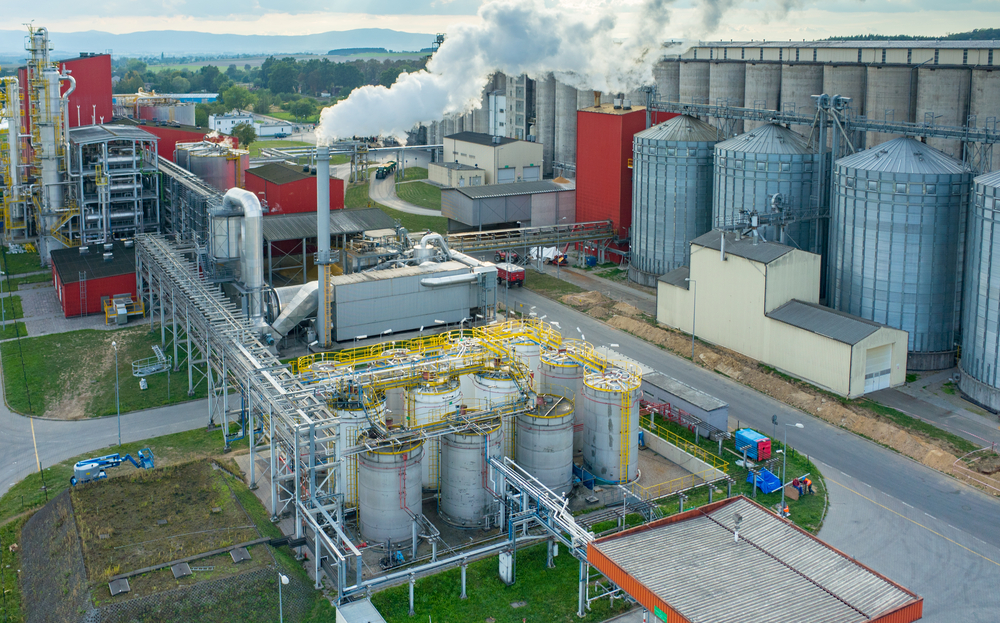Biodiesel is a combination of biomass energy and traditional fossil energy, and can be partially regenerated. While diesel is fossil energy, it can not be regenerated. Biodiesel is a biofuel that is considered environmentally friendly, prepared from unprocessed or used vegetable oils and animal fats through different chemical reactions. This biofuel can be used like diesel. The … Read More
Renewable Fuel
Biodiesel is a renewable fuel
Biodiesel is a renewable fuel made from biomass. Most U.S. biodiesel is produced from vegetable oils and animal fats. Biodiesel can be used in the same equipment as diesel fuel made from petroleum. The major sources of feedstock (raw material) for making biodiesel in the United States and their shares of total biodiesel feedstocks in 2017 … Read More
Sorghum oil approved for biodiesel production under the RFS
The US Environmental Protection Agency (EPA) has approved a variety of pathways for renewable fuel derived from sorghum as part of the Renewable Fuel Standard (RFS) programme. This includes the use of sorghum to produce biodiesel. Acting EPA administrator Andrew Wheeler signed the final pathway on 24 July. “Today’s approval sets the stage for more … Read More
Biofuel industry thrilled with EPA for support, refiners not so much
As FreightWaves recently covered, NATSO testified before Congress about the Renewable Fuel Standard’s (RFS) success. They argued that the RFS has largely succeeded because it allows fuel retailers to offer biofuel blends to consumers at a price that is less expensive than purely petroleum-based products. The RFS is designed to enable fuel marketers to lower consumer prices … Read More



